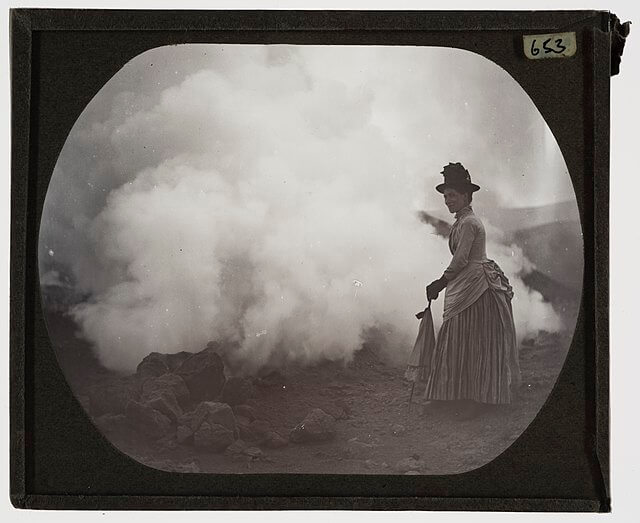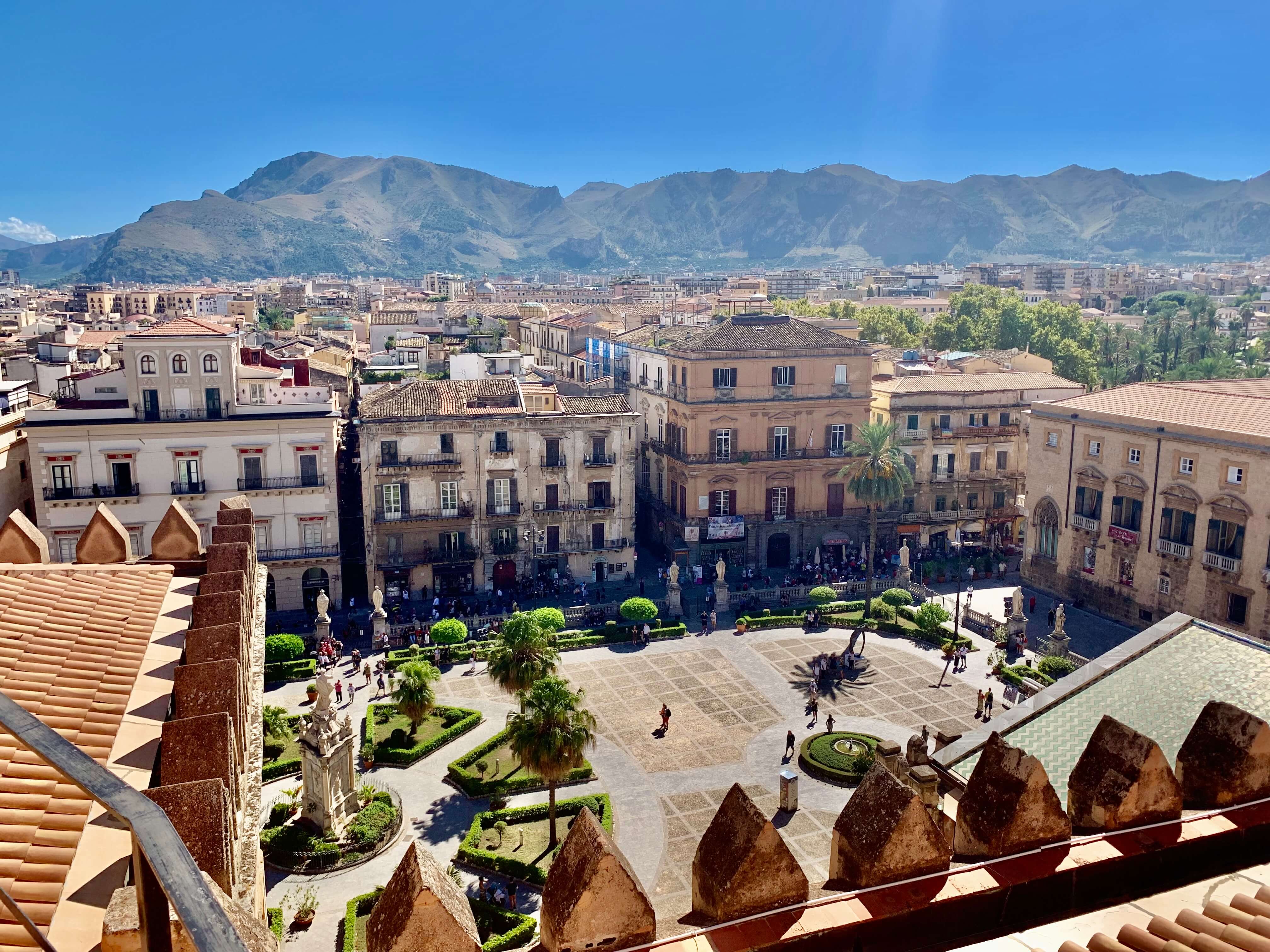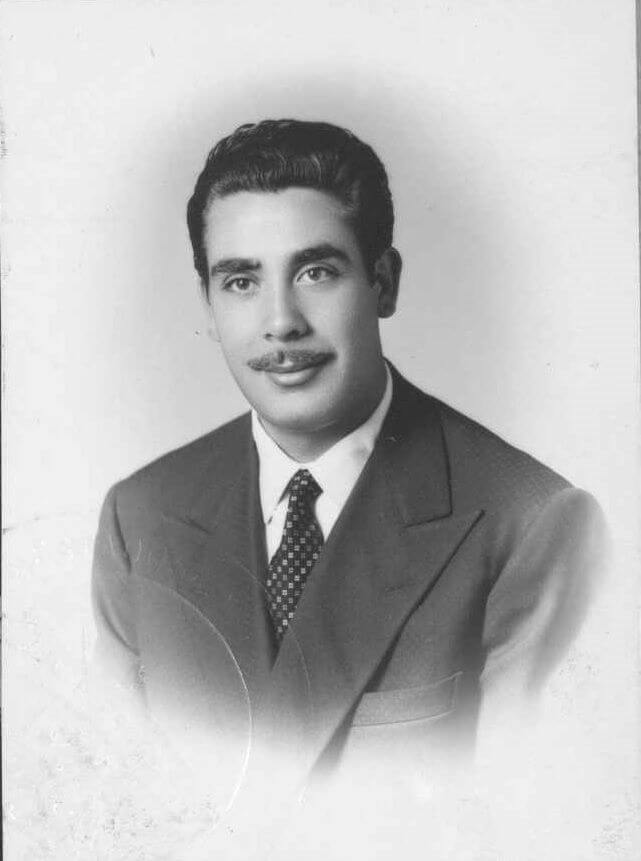- Home
- Is Sicily Safe to Travel?
Is Sicily safe to travel? - Tips to Ensure a Safe and Enjoyable Trip
Sicily has a lot to see, we know that - from stunning beaches and ancient ruins to mouth-watering cuisine - but, the question remains: "Is Sicily safe to travel?" That's why I've compiled a comprehensive Sicily travel guide. It's filled with tips and recommendations, so you can ensure that your trip is enjoyable and safe.
Understanding Sicilian Culture and Customs
First, let's take a look at some Sicilian customs. Sicilian culture is a unique blend of ancient traditions and modern influences. Understanding the cultural nuances can enrich your travel experience.
One of the most prominent aspects of Sicilian culture is family. Strong family ties are valued more than - sadly - in many Western countries. It is not uncommon for several generations to live near each other.
This strong sense of family extends to the community as a whole. It fosters a warm and welcoming atmosphere. Sicilians place a high value on respect and hospitality.
Religion also plays a significant role in Sicilian culture.
The island is home to many beautiful churches and religious festivals. These are often accompanied by lively celebrations and parades.
It is just common courtesy to dress modestly when visiting churches or other religious sites.
Essential Travel Documents and Vaccinations
Before traveling, ensure you have all the necessary travel documents and vaccinations.
If you're a citizen of the EU, you'll only need a valid passport or ID card to enter Sicily. Non-EU citizens will need a valid passport. Some countries also require a visa.
Check with your doctor or travel clinic if any vaccinations are recommended for your trip. There are no specific vaccinations required for Sicily. Still, better safe than sorry.
Money and Valuables
Sicily is as safe as any Western country. Many times, it's the opportunity that makes a thief. Here's some tips for not to make yourself a prime target for robbers.
Beware of pickpockets and scammers, especially in areas with plenty of tourists, like train stations.
Don't carry unnecessary cash or valuables with you. Leave your passport in your room. You can take a copy of it with you. Probably you don't need that either.
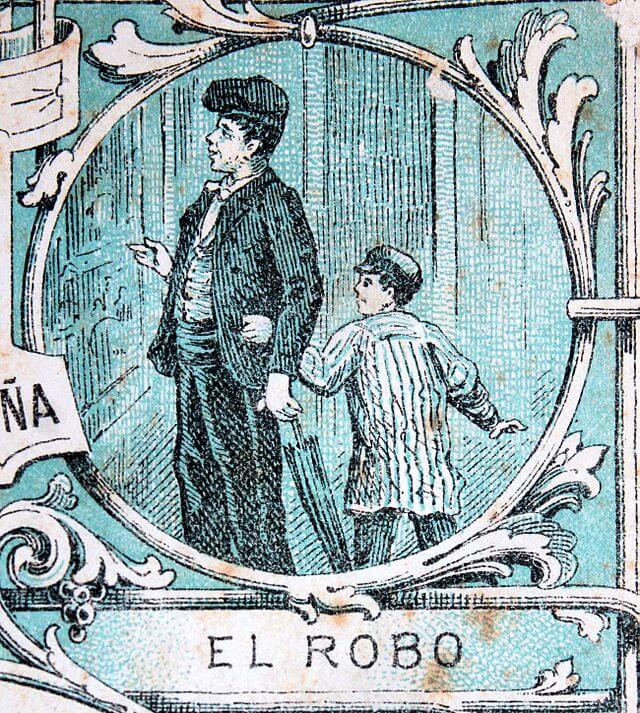
Strap your handbag or camera around your neck. In Sicily - as elsewhere in Italy - a popular way to rob handbags is to snatch them from a passing scooter.
Self-confidence and determination are the best insurance against scammers. The lost and insecure are the most popular targets.
If you want to be on the safe side, keep your cash in a money belt.
Cash is the best way to pay. Cards are not always accepted. For example, street stalls, taxis, local guides, and tips can require cash.
It's a good idea to keep small coins in your pocket. Sometimes you may be asked to pay in even money. They are also handy for paying road tolls. Which, by the way, are paid when you leave the road, no matter what the officer might say when entering it.
Exchange larger bills for smaller ones when possible. Not all places - such as buses - may accept notes larger than €20.
It is best to avoid money changers. They charge extra for the change. It is advisable to withdraw money in euros directly from ATMs. Banks do not usually exchange currency unless you are a customer.
Staying Safe in Sicily - Tips for Solo Travelers and Women
Traveling alone has its advantages. It's easier to meet new people. It can also be easier to get a table in a restaurant. Some solo woman travelers might wonder is Sicily safe to travel for them also.
In a nutshell, traveling alone in Sicily is no riskier for a woman than anywhere else. It is, in fact, even less risky.
The rate of sexual crime in southern Italy is considerably lower than in the north. It is even lower than the average for Western Europe.
The guys might whistle at you in the street, and you may have to listen to compliments, someone may even try to approach you verbally, but that's about it.
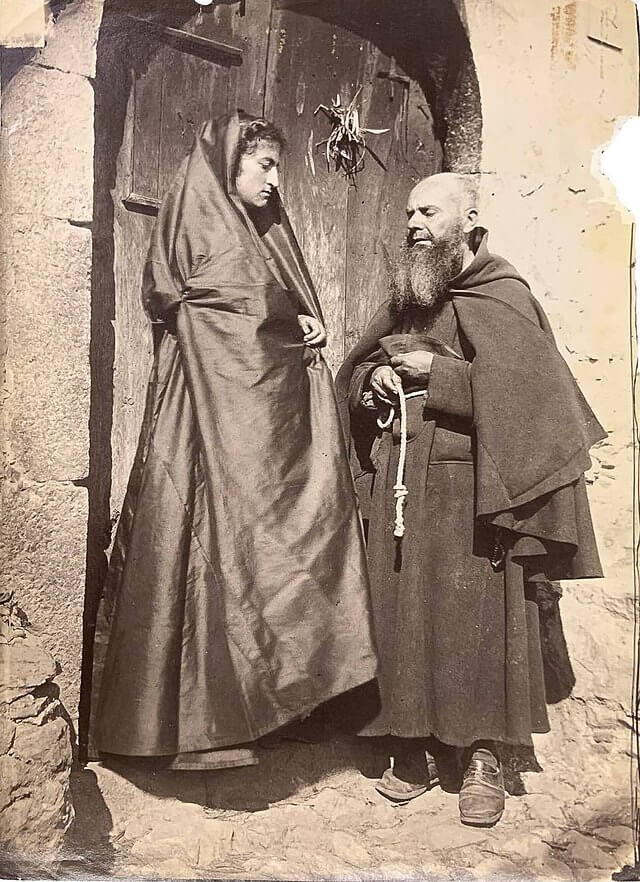
To make you keep yourself safe, here are some tips:
- Avoid walking alone at night, especially in poorer neighborhoods.
- Be wary of pickpockets and keep your valuables close to you.
- Dress modestly and avoid drawing attention to yourself.
- If you're uncomfortable or feel unsafe, trust your instincts and leave the situation.

Transportation in Sicily
Sicily has a well-developed transportation network. It makes it easy to get around the island.
The most popular way to travel is by car. There are also buses, trains, and taxis available.
If you plan to rent a car, be aware that driving in Sicily can be challenging. Especially in the cities, the traffic can be heavy and chaotic.
Most people rent their cars from Catania or Palermo airports. There is nothing wrong with this.
However, if you stay longer on the island, you might want to look for lower prices. You can find it in smaller towns.
It is essential to check the car before you drive off. Look for dents and scratches, and make sure these are in the books. Otherwise, you may have to pay a fee for these when you return the car.
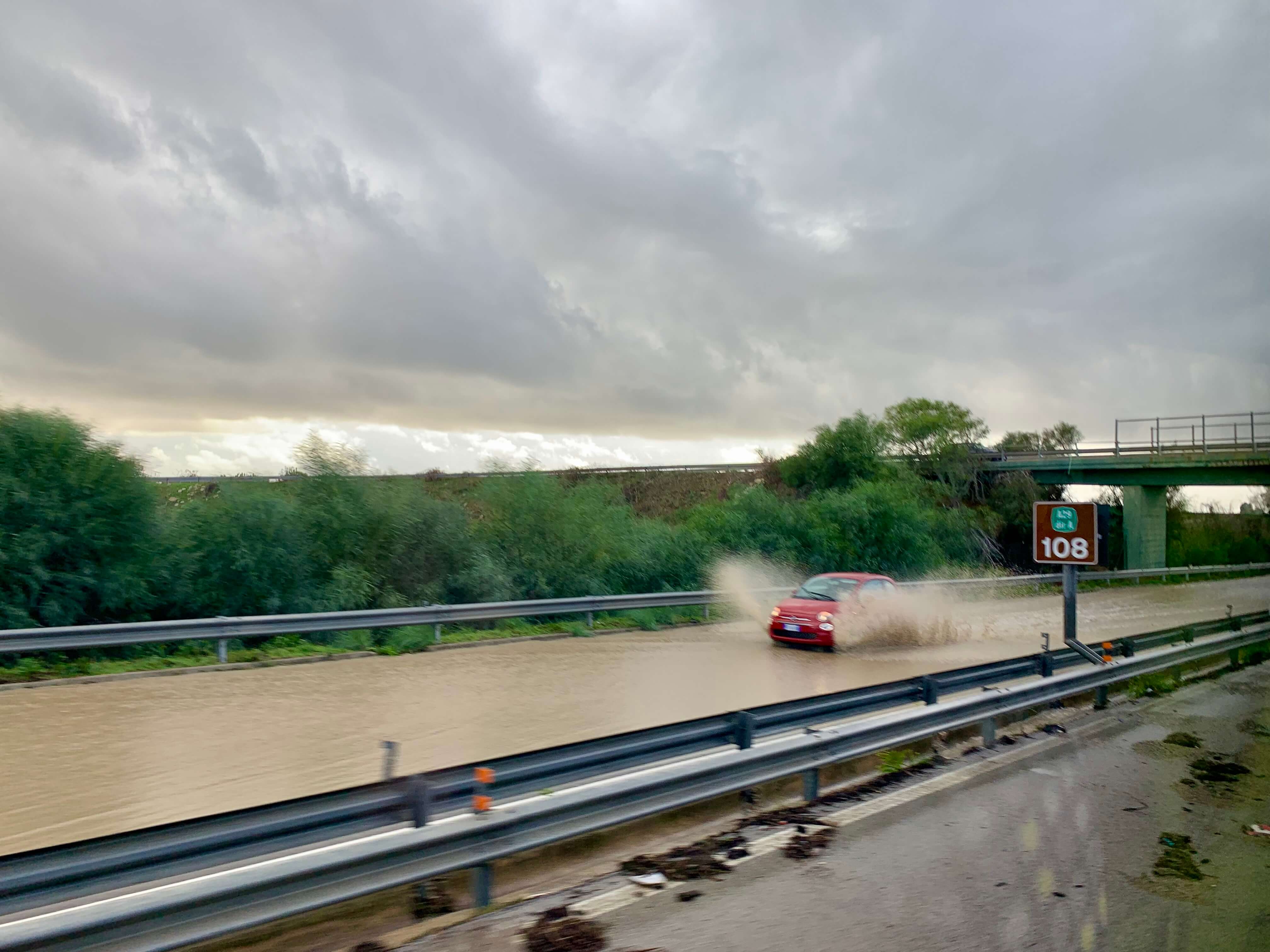 In the rainy season, water might be a problem too.
In the rainy season, water might be a problem too.If you prefer not to drive, buses and trains are a convenient and affordable option.
The regional bus company, AST, operates routes throughout the island. The trains are run by Trenitalia.
You can purchase tickets at the station or online (check the links above). The schedules are generally reliable.
Taxis are also widely available. Make sure to agree on a price before getting in the taxi to avoid surprises.
Emergency Contacts and Medical Assistance
For medical assistance, most towns and cities have hospitals and medical clinics.
If you're an EU citizen, you're entitled to free or reduced-cost medical treatment. For this, you need a valid EHIC card.
Non-EU citizens should take travel insurance to cover any medical expenses.
You can also get general advice on health issues and how to correct them from the pharmacies.
The general emergency number in Sicily is 112. It's free of cost.
Is Sicily Safe to Travel: Conclusion
Sicily is a truly unique and beautiful destination that offers something for everyone.
So, is Sicily safe to Travel? In a nutshell, yes.
By following the tips and recommendations above, you can ensure your trip is enjoyable and safe.
As elsewhere, common sense is the best travel insurance.
 Just don't lose your head, and all should be fine.
Just don't lose your head, and all should be fine.Related:
Further reading:
Main Cities and Areas of Sicily
(Last edited: November 21, 2024.)
Recent Articles
-
Sicilian Food - Rich Flavors, Endless Passion
Apr 09, 25 09:54 AM
All you need to know about Sicilian food, its ingredients and history. -
Things to Do in Palermo - Tips for a Perfect Holiday
Apr 05, 25 04:27 AM
Things to Do in Palermo - From historic landmarks to delicious food, this guide has it all. -
The Story of Tommaso Buscetta: From Mafia Boss to Key Witness
Mar 30, 25 05:12 AM
Tommaso Buscetta built Sicilian Mafia into a global empire - which he then destroyed.
Follow MANY FACES OF SICILY on Facebook, Instagram, Bluesky & Pinterest
Contact: vesa@manyfacesofsicily.com
